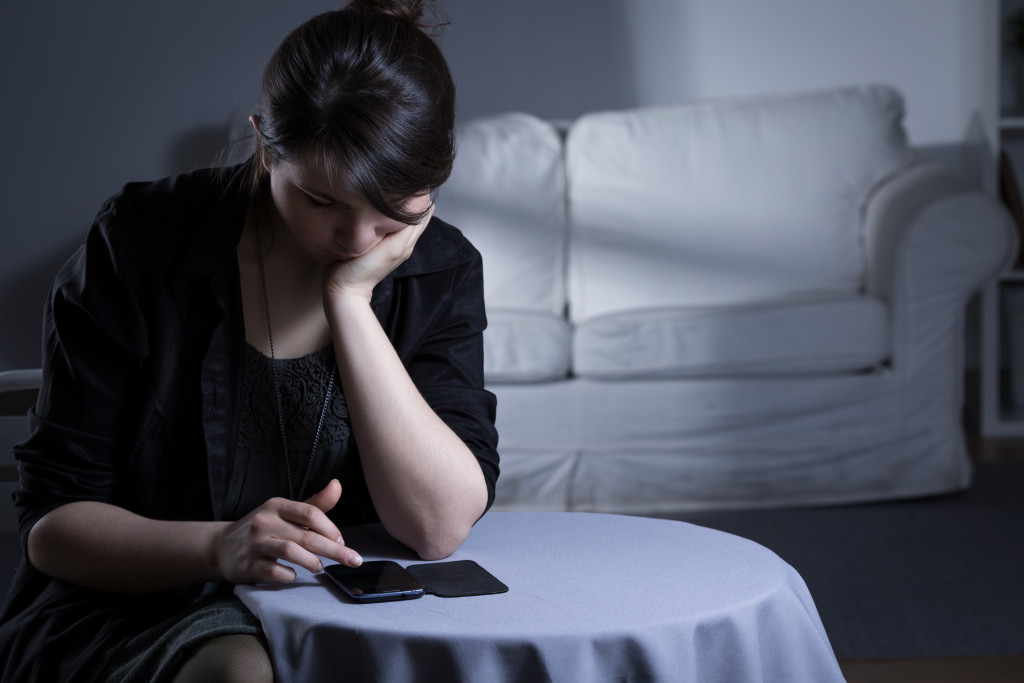Mental health is your emotional, psychological, and social well-being. It’s essential to pay attention to it because it’s essential for you to be healthy and function well, just like your physical health. When your mental health is good, you’re able to cope with stress, relate to other people, and make decisions that are good for you.
However, when your mental health is poor, it can lead to many problems in your life. So it’s essential to take care of your mental health and not ignore it. Here are five tips that you can follow to help you cope with crises.

1. Get social support
Support from your family, friends, and community has been shown time and again to be the most effective when dealing with stress. When something terrible happens in your life, talking about it is often one of the best ways to work through it. It’s why psychologists encourage patients to talk about their problems.
There’s something about talking to your support system that helps you better understand what’s happening and how to deal with it. And this is true even if the bad thing never actually happened, like in the case of extreme fear or phobia.
2. Practice preventive coping
Trying “preventive coping,” or strengthening a healthy habit, will also help you work through crises. For instance, if your mental health takes a nose-dive from being under too much stress, what can you do to prevent it from happening? You might have heard of the “fight-or-flight” response that’s part of the world’s evolutionary history.
It’s that part of you that helps you either stand up to the threat or run away from it. Maybe you think of this as your “stress response.” But there’s also a third option, called “tend-and-befriend.” This is the human brain’s answer to stress, and it encourages you to reach out for social support while also taking care of yourself.
3. Minimize stress
This is a tip that’s often emphasized in mental health, but it can be a bit tricky to follow. You can’t get rid of all the stressors in your life, but you can do some things to reduce their impact on you. For example, you can have active coping strategies. Try to anticipate what’s going to happen and how you’ll deal with it.
You might also want to rethink your expectations so that you deal with things as they come and avoid dwelling on or getting obsessed about an upcoming event. You might also want to find ways to manage your time to not over-commit yourself and better manage your schedule.
4. Put it in perspective
Putting events into perspective allows you to “give meaning” to what happens, which is healthy. It will enable you to see how what happened might also be beneficial in some way. For example, if you miss an opportunity, you need to find out what good can come out of it. You don’t want to minimize the fact that opportunities were missed but instead look at the “big picture” so that you can find what was lost.
Another example is when you get into a fight with someone. It’s crucial to find out how the situation could be turned into something positive, like finding new ways of approaching issues or getting closer to someone involved in the dispute.
5. Maintain your health
Maintaining your physical health can help you deal with crises in your life. Like when you’re physically healthy, it’s easier for you to have a good mental health status. It’s easy to see why regular exercise is so important when managing your mental health. Exercise releases “feel-good” chemicals known as endorphins in the brain that can help you feel more relaxed and focused.
Getting enough sleep is also essential, with most people needing at least seven hours of sleep a night. Sleep is good for helping you deal with the negative feelings and emotions from mental health crises. But don’t forget about eating healthy foods like fruits and vegetables — you’ll feel better if you’re physically healthy too!
There are many ways to get help during a mental health crisis. You can see a psychologist, psychiatrist, or therapist. If you feel like you might hurt yourself or someone else, it’s crucial to call 911 or go to the nearest urgent care center to get evaluated by medical professionals. You might also want to call a suicide hotline or crisis hotline in your area.
As you can see, mental health is something that everybody needs to work on. The need to take care of your mental health is just as critical as taking care of your physical health! People can help you deal with a crisis, but the most important thing is that you work on it yourself.

